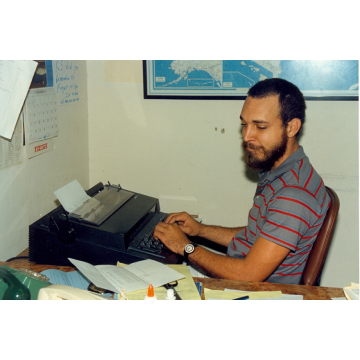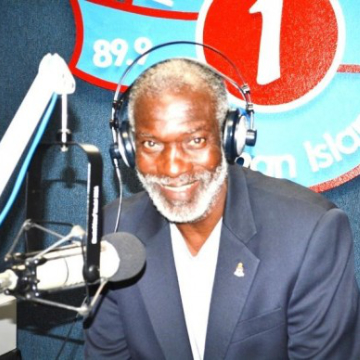News
Statement on Cuban Migrant Incident

The ongoing inquiry by the Customs and Border Control Service (CBC) into the recent departure of a group of Cuban migrants from the jurisdiction, has confirmed that the electronic monitoring technology and the operating procedures utilised by the Department of Public Safety Communications (DPSC) are working effectively, as designed.
The DPSC extended the Electronic Monitoring of Offenders Programme to the CBC, enabling them to use the wearable tracking technology to monitor the Cuban nationals.
The Programme is utilised successfully by a number of stakeholder agencies within the criminal justice system to monitor offenders in the community, including the Royal Cayman Islands Police Service, Judicial Administration and Her Majesty’s Cayman Islands Prison Service.
Per established protocols, the Electronic Monitoring Centre at the DPSC contacted CBC as the supervising agency, to report alerts that were detected which indicated that a number of persons under CBC’s supervision that were being monitored, appeared to have been engaging in movements outside of the terms and conditions of their release from detention.
CBC, with the assistance of the Cayman Islands Coast Guard, responded to the alerts but it is clear from the investigation that the Cuban migrants had already left the Cayman Islands territorial waters.
In addition to the DPSC and the Coast Guard, the CBC is also receiving international cooperation with their inquiry.
It is important to note that migrants requesting asylum in a foreign country are not considered criminal offenders and their treatment and processing are governed by the UNHCR 1951 Geneva Convention and its 1967 Protocol on the Treatment of Refugees.












